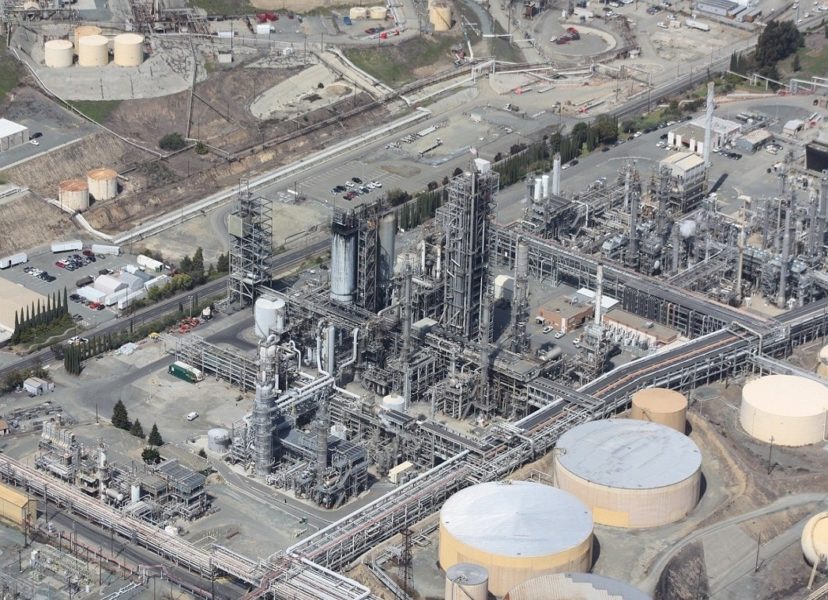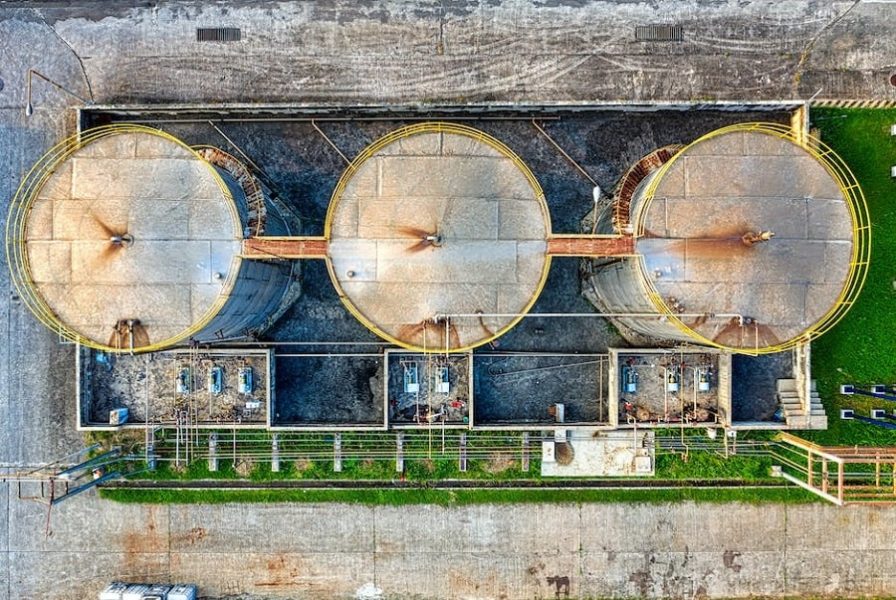OPEC Oil Cartel Unexpectedly Cuts Production To 1.16 Million Barrels A Day
- Kingston Bailey
- Trending
- World News
- April 4, 2023

OPEC has been accused of price fixing and manipulating the world oil markets for profits
In a surprising move, OPEC announced an unannounced cut of oil production from 2 million to 1.16 million barrels a day, causing gas prices to skyrocket. The current price of oil sits at around $70 per barrel and is expected to rise to $80 with the cut, leaving OPEC producers still making a healthy profit while consumers feel the impact at the pump. This unexpected move by OPEC has renewed calls for dismantling the oil cartel.
Many people refer to the Organization of Petroleum Exporting Countries (OPEC) as a cartel that has manipulated the world oil market for decades. The history of OPEC is one of using its power to control the world oil market. OPEC was formed in 1960 in response to Western companies holding the majority of the world’s oil reserves. The goal of OPEC was to unify petroleum-producing nations to gain power over the pricing and production of oil.
Since its inception, OPEC has hurt the global economy. By artificially inflating prices, OPEC has cost consumers trillions of dollars. Furthermore, by restricting production, OPEC has caused shortages and increased dependence on foreign oil. By controlling such a large share of the world’s oil supply, OPEC has contributed to global economic instability. For example, during the 1973 Arab-Israeli War, OPEC imposed an oil embargo on countries that supported Israel, leading to skyrocketing gas prices and long lines at gas stations worldwide.
There are several reasons why dismantling the OPEC cartel is essential. First, it would lead to lower gasoline prices for consumers. Second, it would increase competition and innovation in the energy sector. Third, it would reduce dependence on foreign oil supplies. Fourth, it would help to stabilize the global economy.

In order to dismantle the OPEC cartel, certain steps must be taken. Major non-OPEC producers, such as Brazil, the United States, and Canada, must be brought into an agreement to increase production and break away from cartel quotas. Russia would be a key partner, but considering the war in Ukraine, it is doubtful as the world is trying to ween itself off Russian crude. Alternative energy sources such as solar and wind power must be developed and promoted as viable substitutes for fossil fuels. International organizations such as the International Energy Agency must be more aggressive in their recommendations for oil output annually.
The key step to dismantling the OPEC cartel is to increase oil production in non-OPEC countries. Increasing the production of these countries can be accomplished by providing financial and technical assistance. The second step is to reduce the consumption of oil in OPEC countries. This can be done by increasing oil taxes and investing in alternative energy sources such as solar and wind power. Lastly, encouraging competition among OPEC members can be done by opening the oil market to new entrants and removing government subsidies for oil production.
If OPEC were to be dismantled, there would be positive and negative consequences. On the positive side, dismantling the cartel would lead to lower oil prices, benefiting consumers worldwide. It would also increase competition in the oil market, leading to more innovation and better-quality products. On the negative side, dismantling the cartel could lead to instability in the global economy as oil-producing countries attempt to adjust to lower prices. It could also lead to conflict between different OPEC members as they compete for market share.
While there may be some short-term pain due to dismantling the OPEC cartel, it is essential in the long run for the global economy’s stability and for ensuring that consumers have access to affordable energy. It is time for major oil-producing countries to take action to end the OPEC cartel and create a fair and free global oil market.








